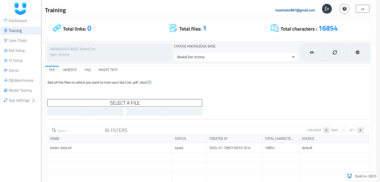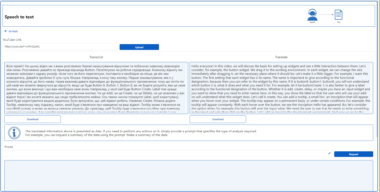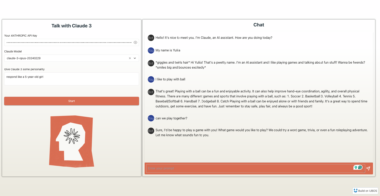Frequently Asked Questions (FAQ) - Crossref MCP Server
Q: What is the Crossref MCP Server? A: The Crossref MCP Server is a Model Context Protocol (MCP) server designed to facilitate interaction between AI Agents and the Crossref API. It allows AI models to search, retrieve, and utilize scholarly data from the Crossref database.
Q: What is Crossref? A: Crossref is a leading global registry of scholarly content, providing metadata and linking services for millions of research articles, books, and other academic publications.
Q: What are the key features of the Crossref MCP Server? A: The key features include:
- Search by Title
- Search by Author
- Get Work Details by DOI
- Standardized JSON response format
- Easy installation and configuration
- Comprehensive testing suite
Q: How do I install the Crossref MCP Server? A: The installation process involves adding a configuration block to the UBOS settings file, specifying the command and arguments required to run the server. See the Installation section for detailed instructions.
Q: What type of queries can I perform using the Crossref MCP Server? A: You can perform the following types of queries:
- Search for works by title (e.g., searching for articles containing “quantum computing” in the title).
- Search for works by author (e.g., searching for publications authored by “Einstein”).
- Retrieve detailed information about a specific work using its DOI (e.g., retrieving details for the DOI “10.1088/1742-6596/1398/1/012023”).
Q: What is the format of the response from the Crossref MCP Server? A: All responses are returned in a structured JSON format. The format includes fields for status, query parameters, result count, and detailed information about the retrieved works.
Q: What does the response include for successful searches? A: For successful searches, the response includes the status (“success”), the original query parameters, the number of results found (“count”), and an array of “results.” Each result contains details such as title, authors, publication date, type, DOI, URL, container (e.g., journal name), publisher, issue, volume, and abstract (if available).
Q: How does the server handle errors or cases when no results are found? A: In case of errors or when no results are found, the response includes a “status” field indicating the type of issue (“error,” “no_results,” or “not_found”), along with an error message and the original query parameters.
Q: How can I run the tests for the Crossref MCP Server?
A: You can run the tests by executing the command npm test in the server’s directory. The tests use Vitest to simulate Crossref API responses and cover various scenarios.
Q: Can I extend the test suite with new test cases? A: Yes, you can extend the test suite by adding new mock data and creating additional test cases in the relevant describe block. See the Testing section for detailed instructions.
Q: How does the Crossref MCP Server integrate with the UBOS platform? A: The UBOS platform provides a seamless environment for integrating the Crossref MCP Server into your AI Agent development workflow. UBOS offers tools for orchestrating AI Agents, connecting to enterprise data, building custom AI Agents, and creating multi-agent systems.
Q: What are some use cases for the Crossref MCP Server? A: Use cases include:
- Automating literature reviews
- Semantic analysis and knowledge extraction
- Citation analysis and impact assessment
- Content recommendation and discovery
- Automated report generation
Q: How does the Crossref MCP Server benefit researchers and developers? A: The server benefits researchers and developers by providing efficient and reliable access to scholarly data, streamlining literature reviews, enhancing research synthesis, and enabling advanced analytics and knowledge extraction.
Crossref MCP Server
Project Details
- botanicastudios/crossref-mcp
- MIT License
- Last Updated: 3/27/2025
Recomended MCP Servers


An open source framework for building AI-powered apps with familiar code-centric patterns. Genkit makes it easy to develop,...
Provide LLMs hosted, clean markdown documentation of libraries and frameworks
Ghidra MCP server that extracts decompiled binary context and exposes it to LLMs via Model Context Protocol.
MCP server to convert a diagram to picture using kroki.io
An update version of qgis_mcp from jjsantos01/qgis_mcp repository
A Model Context Protocol (MCP) server for interacting with GitHub

mcp demo

OpenAI Code Assistant Model Context Protocol (MCP) Server
MCP web search using perplexity without any API KEYS
This read-only MCP Server allows you to connect to Marketo data from Claude Desktop through CData JDBC Drivers....

 From vibe coding to vibe deployment. UBOS MCP turns ideas into infra with one message.
From vibe coding to vibe deployment. UBOS MCP turns ideas into infra with one message.





